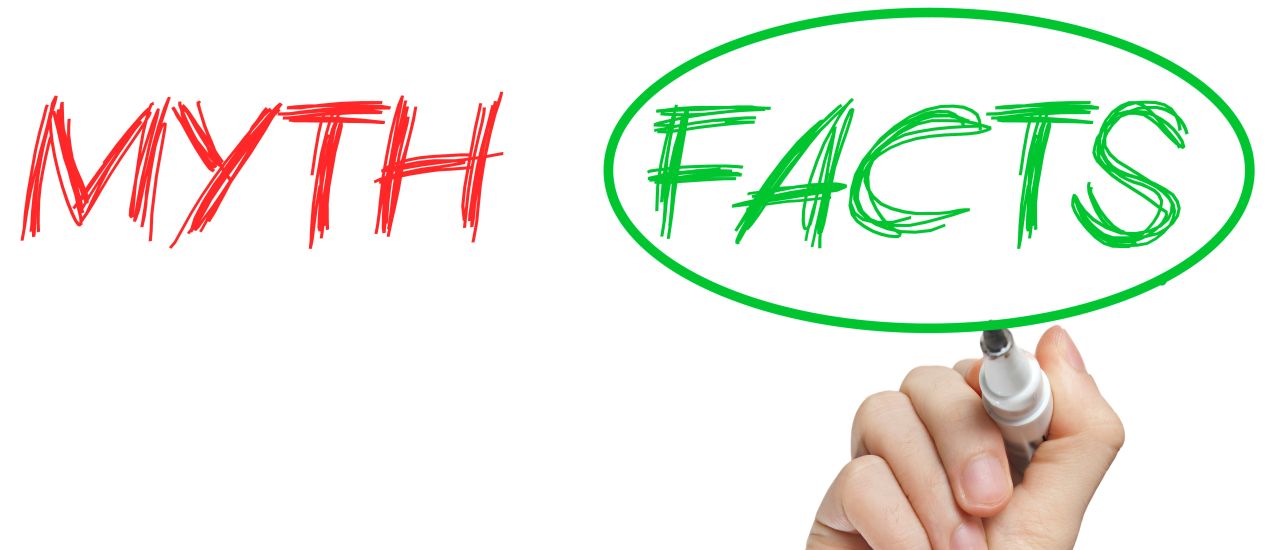If your inbox pings with an email from a good friend that says something like “new study shows that using tampons causes cancer“, you’re likely to read it. The reason? If you trust the source, you’re most likely going to trust the information. That’s what makes medical myths so hard to discredit, you usually hear them first from Mom, Dad, or someone else you trust. With that in mind, there are a number of common email health myths that are better left busted.
The tampon scare
So, are tampons really toxic? This email, which has probably found its way to your inbox more than once, claims that tampons are made with asbestos, which besides being toxic, makes women bleed more so that they need to use more tampons. The truth? Asbestos is not, and has never been, involved in the manufacture of either tampons or pads. You may have other reasons for not wanting to use tampons, but if you have any concerns about the safety of tampons, don’t base them on that ridiculous email!
Some emails make dangerous health claims!
Email health claims range from the harmless, like “staring at breasts improves your heart health” (sorry lads, it doesn’t) to more concerning things like “use butter to treat a burn” – which is exactly what you SHOULDN’T do.
And some claims are just plain dangerous – like using “cough CPR” on yourself if you happen to be alone and have a heart attack. What nonsense! According to this email, you should cough vigorously in a specific way, and synchronise your breathing with each cough to squeeze the heart back into its normal rhythm. The message ends with some “good” advice from a “well-known cardiologist”, who isn’t named, but almost every heart association in the world has condemned this spam email doing the rounds. So, do yourself a favour and ignore it.
What heart associations DO agree on is this: the most important survival tip is to be aware of the early signs of a heart attack, and then respond to warning signs by calling for help. This is the single best thing you can do to save your life, and it’s much more efficient than trying to remember how to cough and breathe at the same time.
So how do you know what’s real and what’s not?
There is no fool-proof method, but here are a couple of tricks that you can use. The first clue is if you haven’t heard the same breaking news on every global news channel. Secondly, take note of the source of the information. If the “experts” aren’t named, or if you heard it from a friend of a friend who walks your dog, then your radar should start buzzing.
Choose a few well researched, objective and reliable sources for all of your health information. Hello Doctor.com is a great example. Every article, blog post and health tip on our website is vetted by registered doctors. However, there are a number of other trusted medical sites too, where you can be assured the information is up to-to-date and valid.
The bottom line: The only email health warning you should pay attention to is the one that says: “You’ve been sitting for too long, stand up and walk around!” That’s one you can definitely forward on to 300 of your closest friends!

